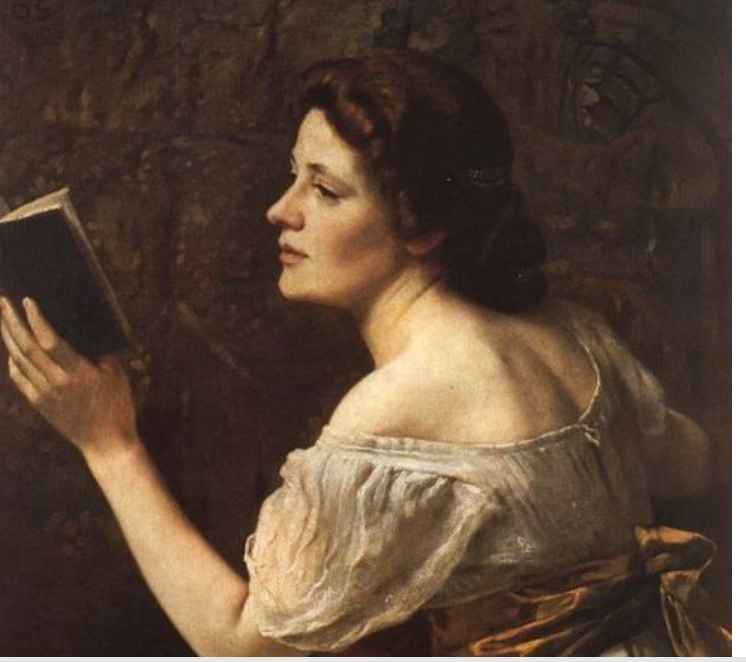


Mary Wollstonecraft was a pioneering advocate for women’s rights and education.
Mary Wollstonecraft (1759-1797) is regarded as one of the founding figures of feminism. A writer, philosopher, and social critic, she challenged the societal norms of her time and advocated for women’s education and equal rights. Her ideas laid the groundwork for modern feminist thought, particularly in her influential work A Vindication of the Rights of Woman (1792).
Born in London in 1759, Wollstonecraft experienced financial hardship and familial struggles, which shaped her views on inequality. Her father’s erratic behavior and her mother’s death forced her to take responsibility for caring for her siblings, which provided her with an early understanding of the harsh realities women faced. She worked as a governess and later as a writer to support herself. Through these experiences, she became deeply aware of the limited opportunities for women, especially in terms of education.
Wollstonecraft’s most famous work, A Vindication of the Rights of Woman, argued that women were not naturally inferior to men but were made to appear so by the lack of education and opportunity. She rejected the belief that women’s role should be confined to domestic duties, advocating instead for equal education that would allow women to contribute intellectually and socially to society.
She argued that if women were educated, they would be empowered to think rationally, make informed decisions, and participate fully in society. Her radical stance suggested that women were just as capable as men of engaging in politics, philosophy, and intellectual pursuits, areas traditionally reserved for men.
Wollstonecraft’s ideas had a lasting impact on feminist thought and helped lay the foundation for future movements advocating for women’s suffrage, equal rights, and educational access. Her work influenced figures such as Elizabeth Cady Stanton and John Stuart Mill, who built upon her ideas in their own feminist efforts.
Though her ideas were revolutionary, they were met with significant criticism. Wollstonecraft’s relationships, particularly with philosopher William Godwin, were seen as scandalous, and her refusal to conform to traditional gender roles alienated many. Despite this, her advocacy for women’s rights and education remained steadfast.
Wollstonecraft’s personal life was unconventional, marked by relationships that were considered controversial. After her mother’s death, she became the primary caregiver for her siblings, a role that shaped her views on women’s independence. She later had a daughter, Mary Shelley, with the philosopher William Godwin. Although Wollstonecraft faced judgment for her relationships, these experiences reinforced her belief in women’s autonomy.
Wollstonecraft died in 1797 shortly after giving birth to her second daughter. Despite her untimely death, her intellectual legacy lived on through her writings and the feminist movements that followed.
Mary Wollstonecraft’s ideas continue to influence the feminist movement today. Her advocacy for women’s education and equal rights laid the foundation for subsequent feminist movements, including those that fought for women’s right to vote, work, and receive an equal education. Wollstonecraft’s focus on education remains central to feminist discourse, as she believed that empowering women through knowledge would allow them to break free from societal constraints.
Her influence also extended to literature, as her daughter, Mary Shelley, carried forward her mother’s revolutionary ideas in her own work. Today, Wollstonecraft is remembered as a pioneer of feminism whose ideas continue to inspire gender equality movements worldwide.
Mary Wollstonecraft was a visionary thinker whose work challenged the patriarchal structures of her time and paved the way for modern feminist thought. Her advocacy for equal education and rights for women was groundbreaking, and her legacy endures today. Wollstonecraft’s contributions to gender equality are an essential part of the ongoing fight for women’s rights, and her influence remains an inspiration for future generations.
